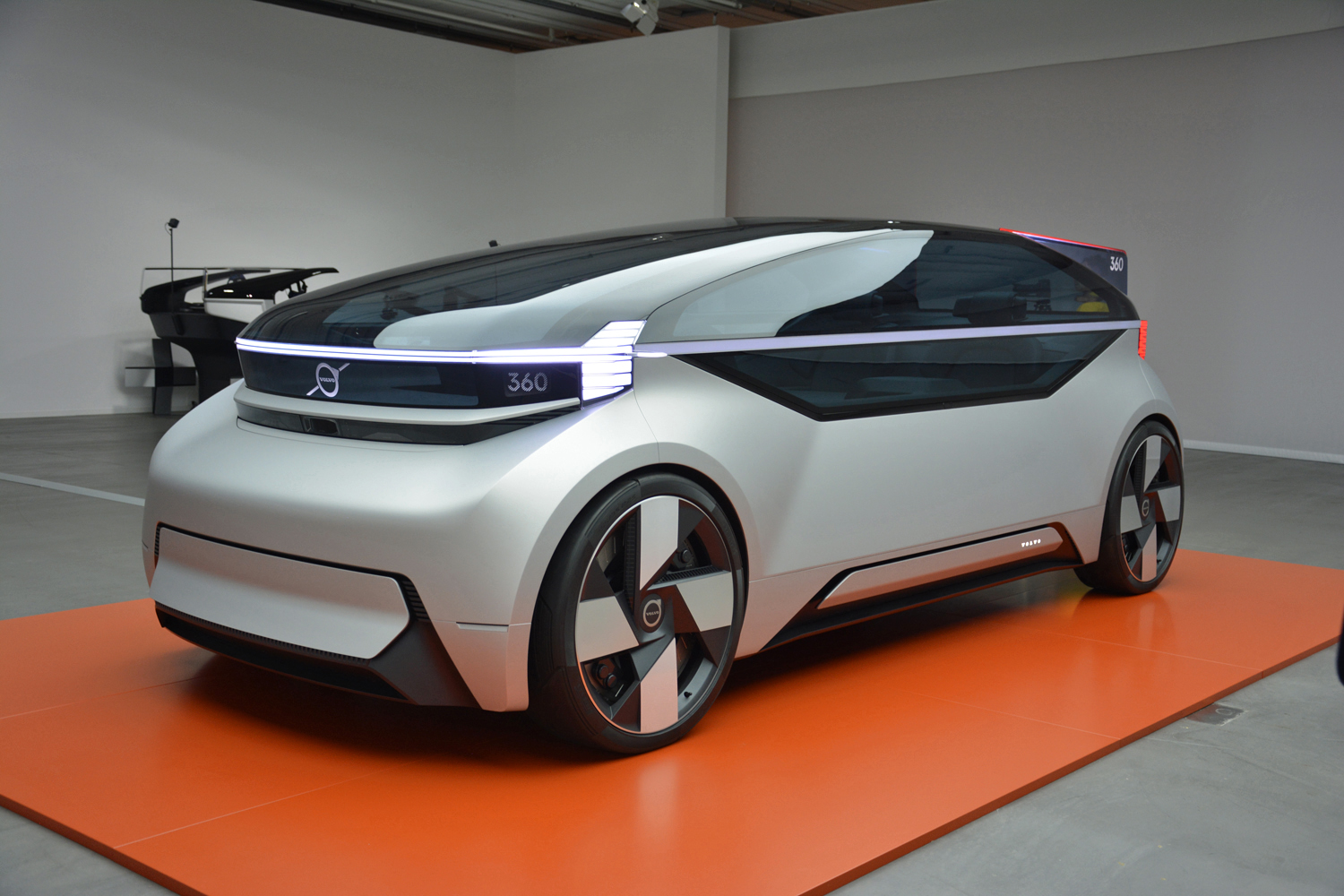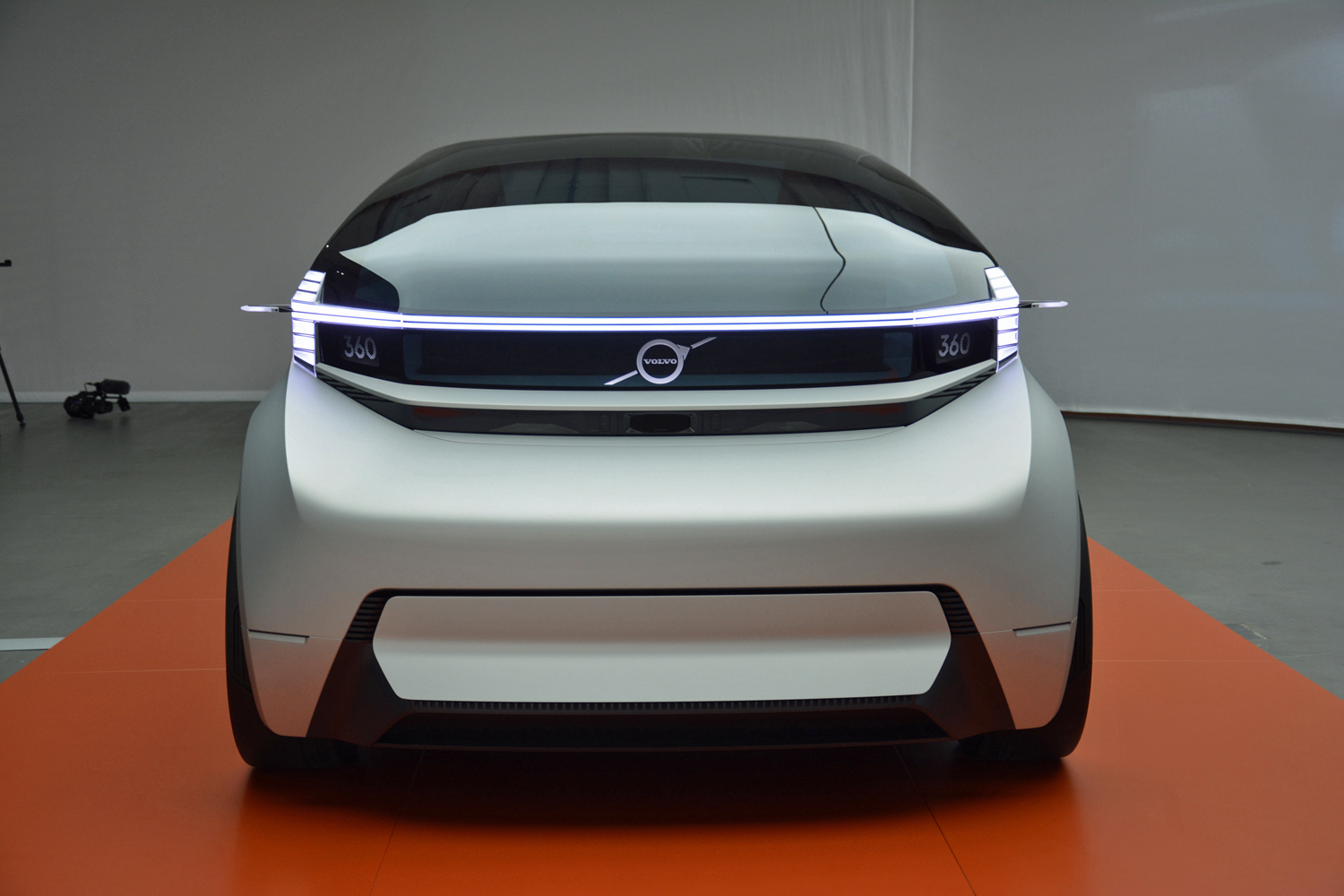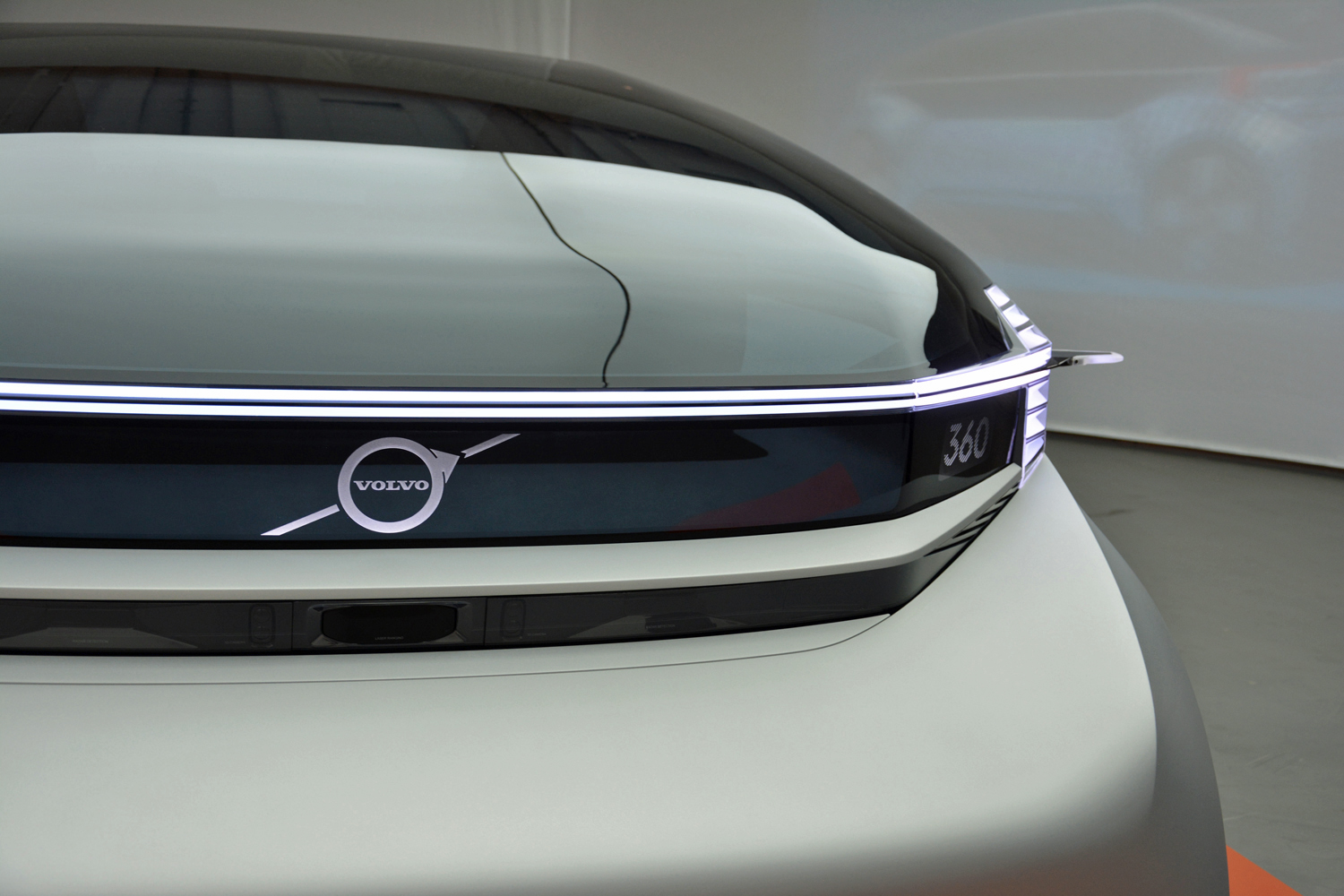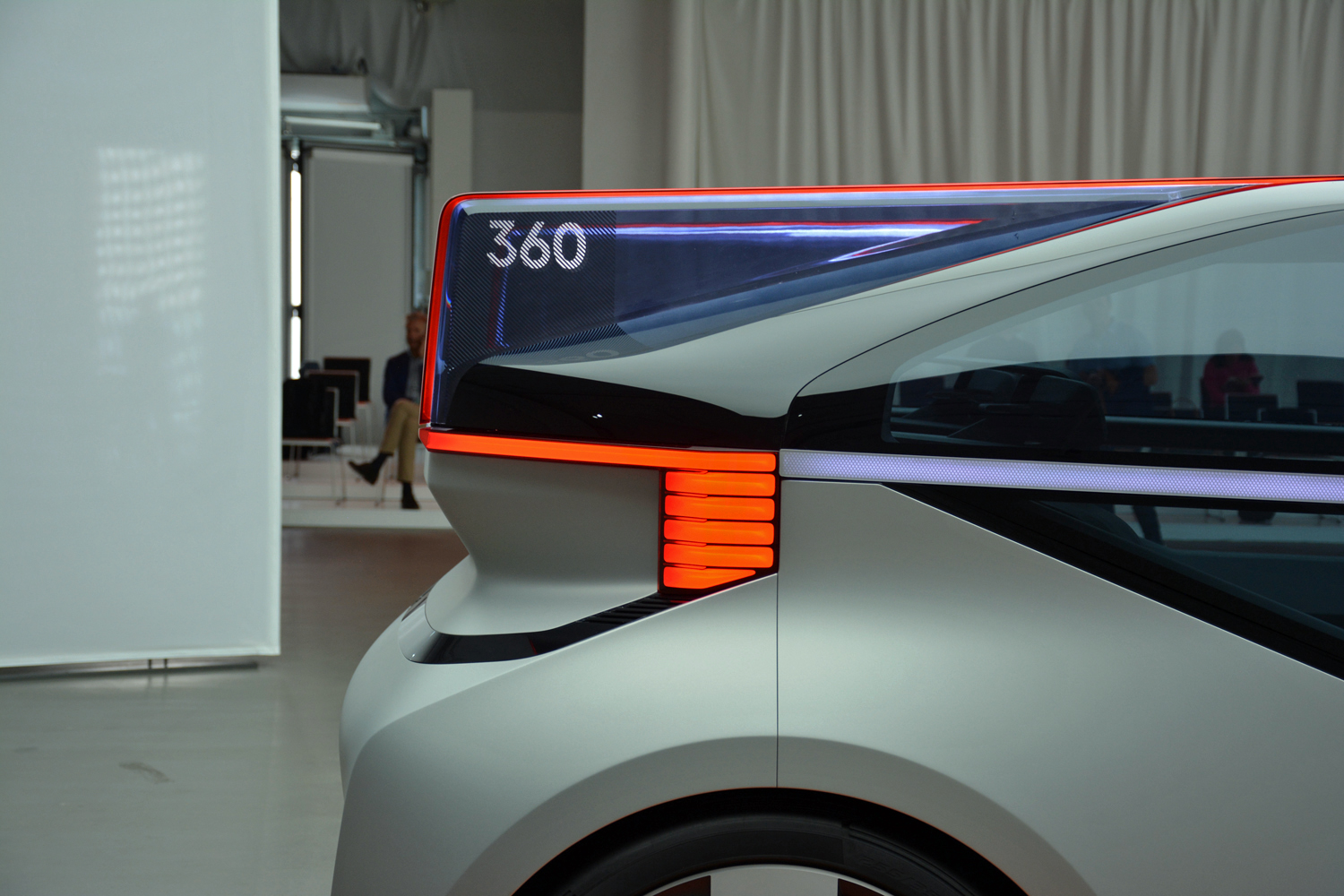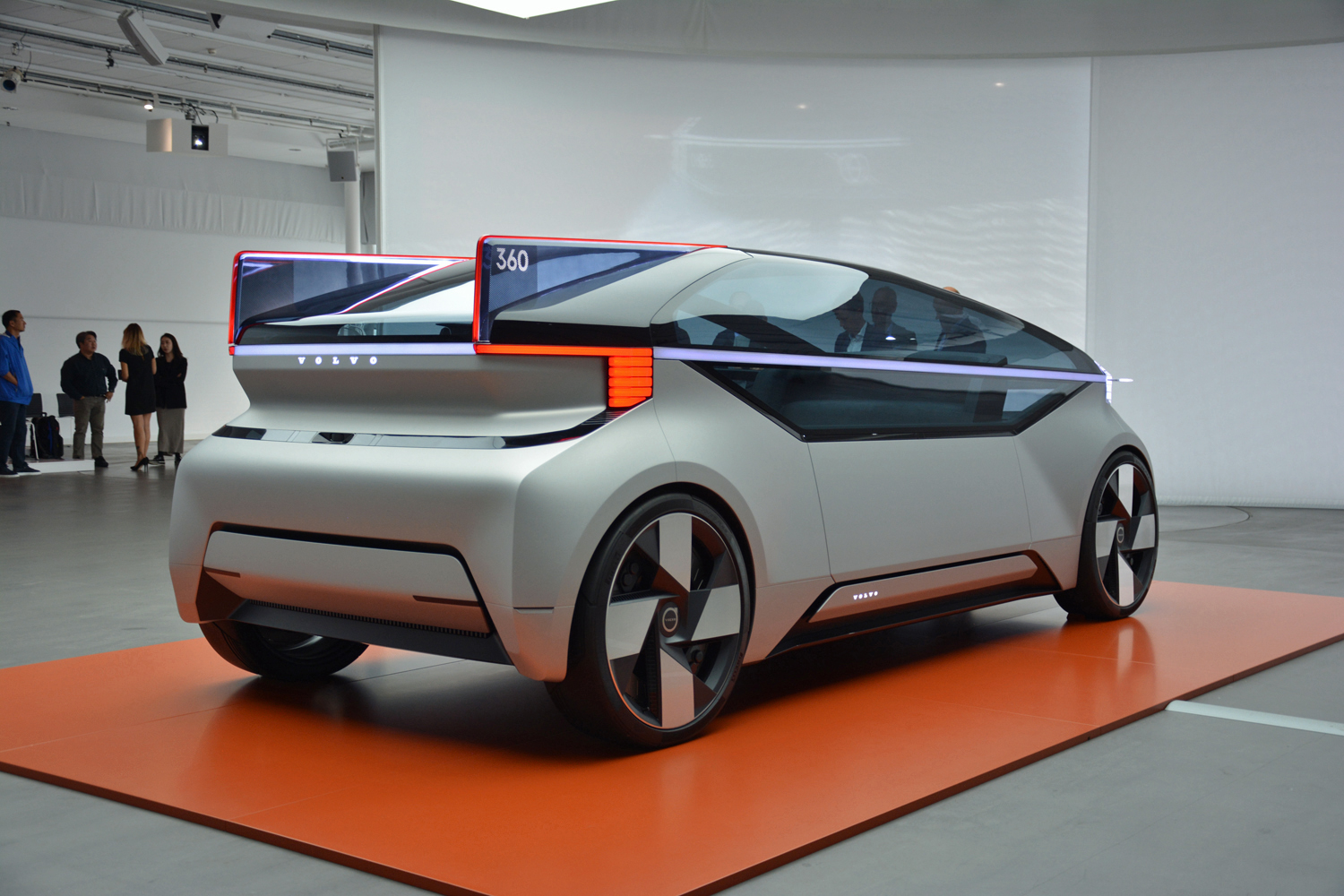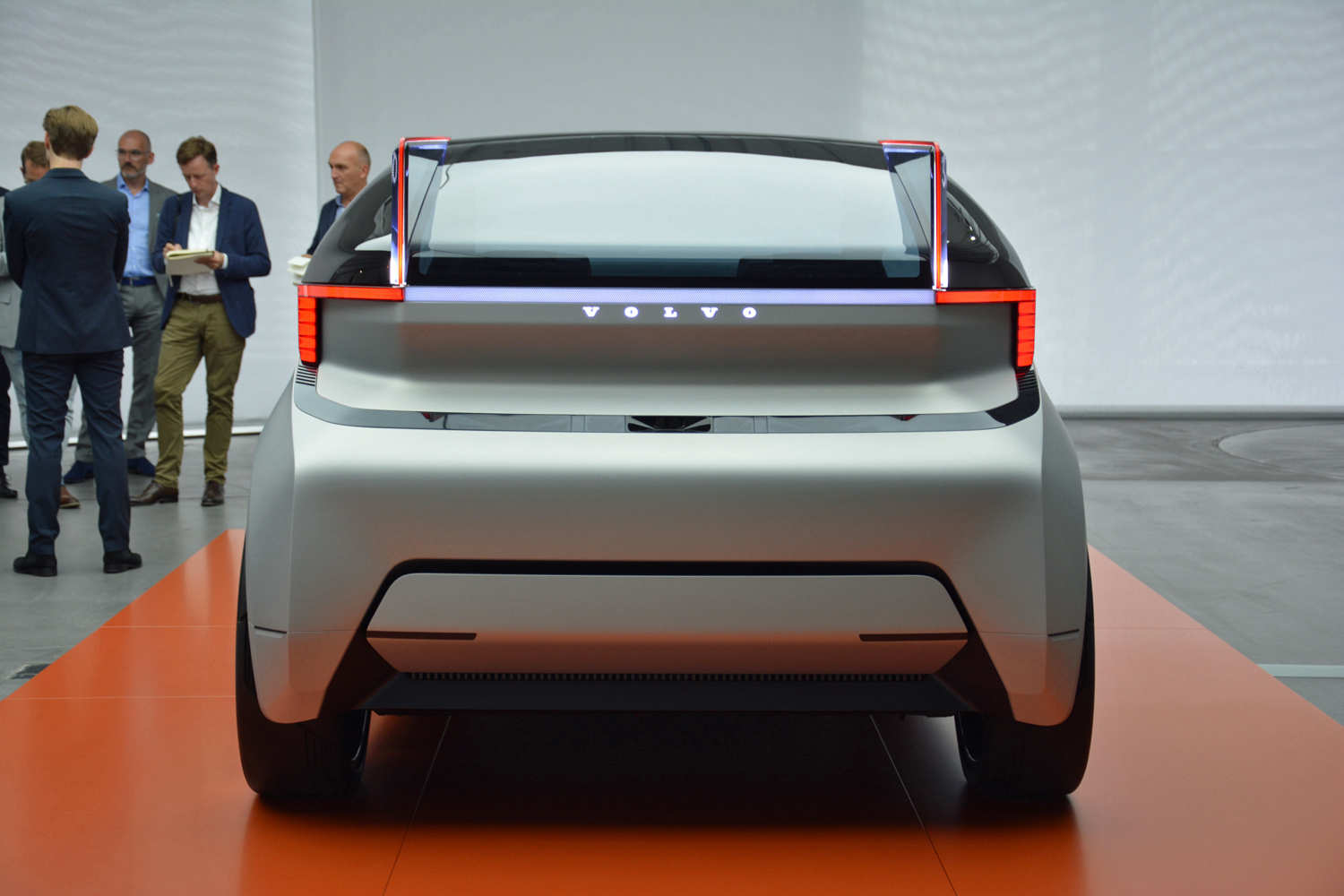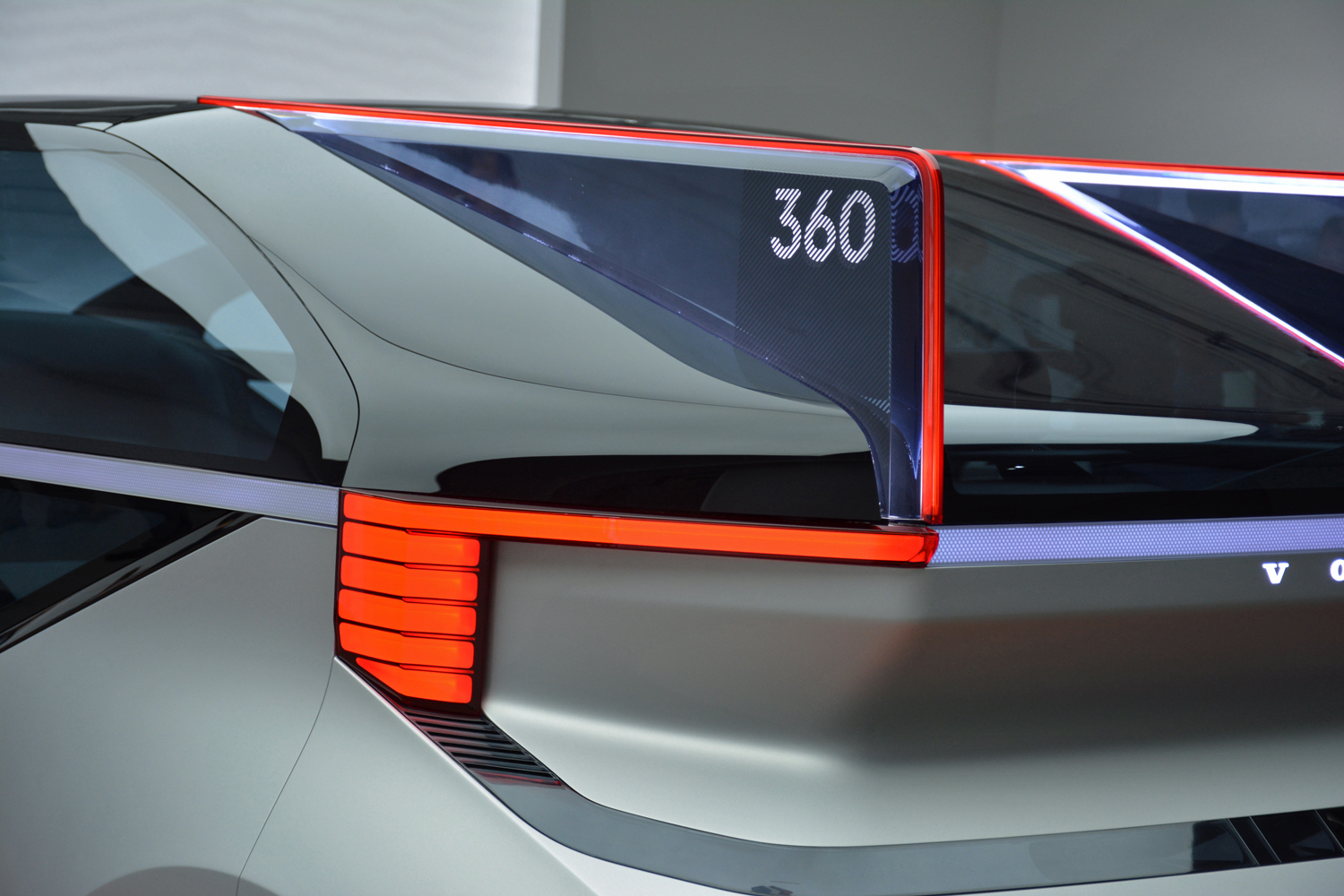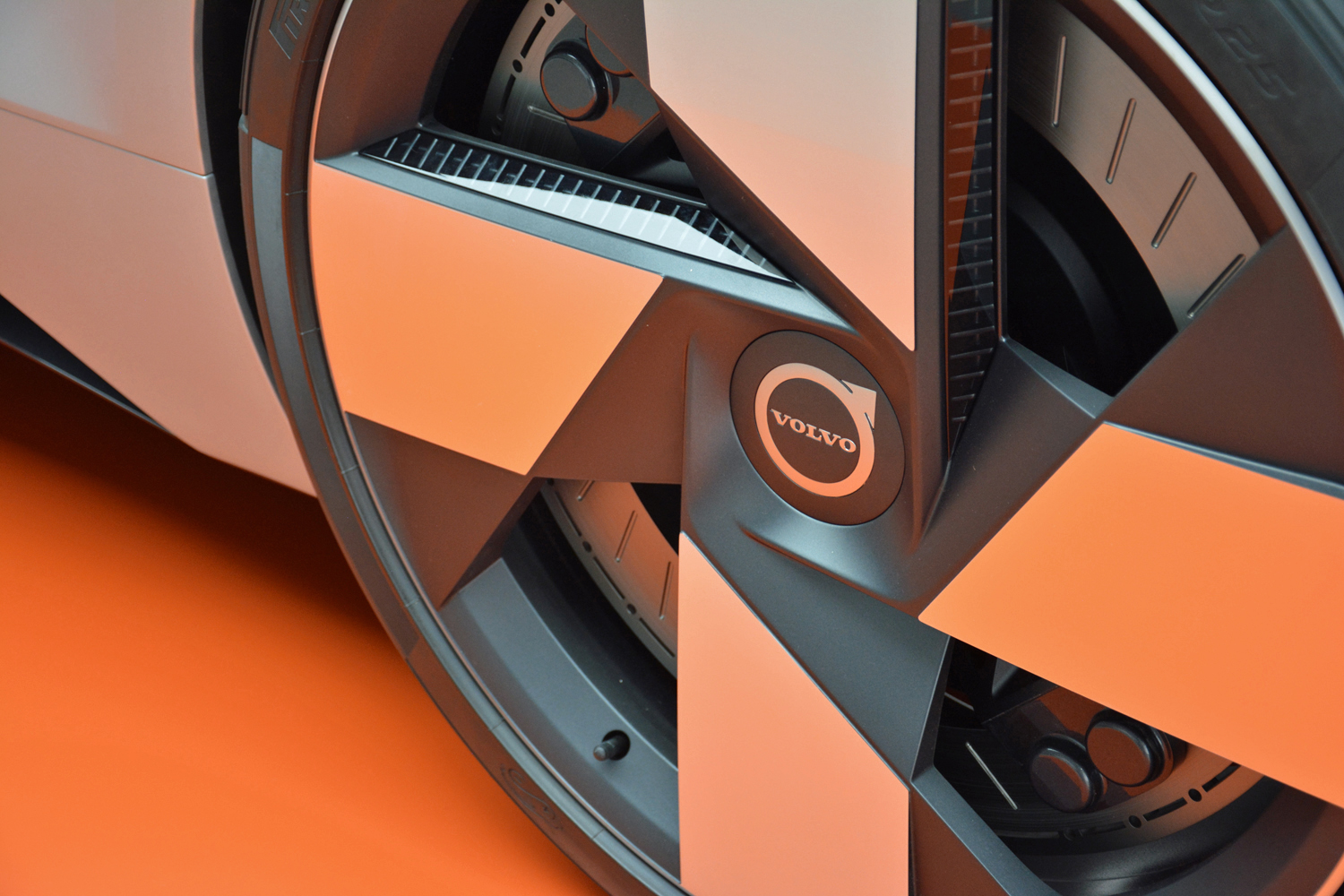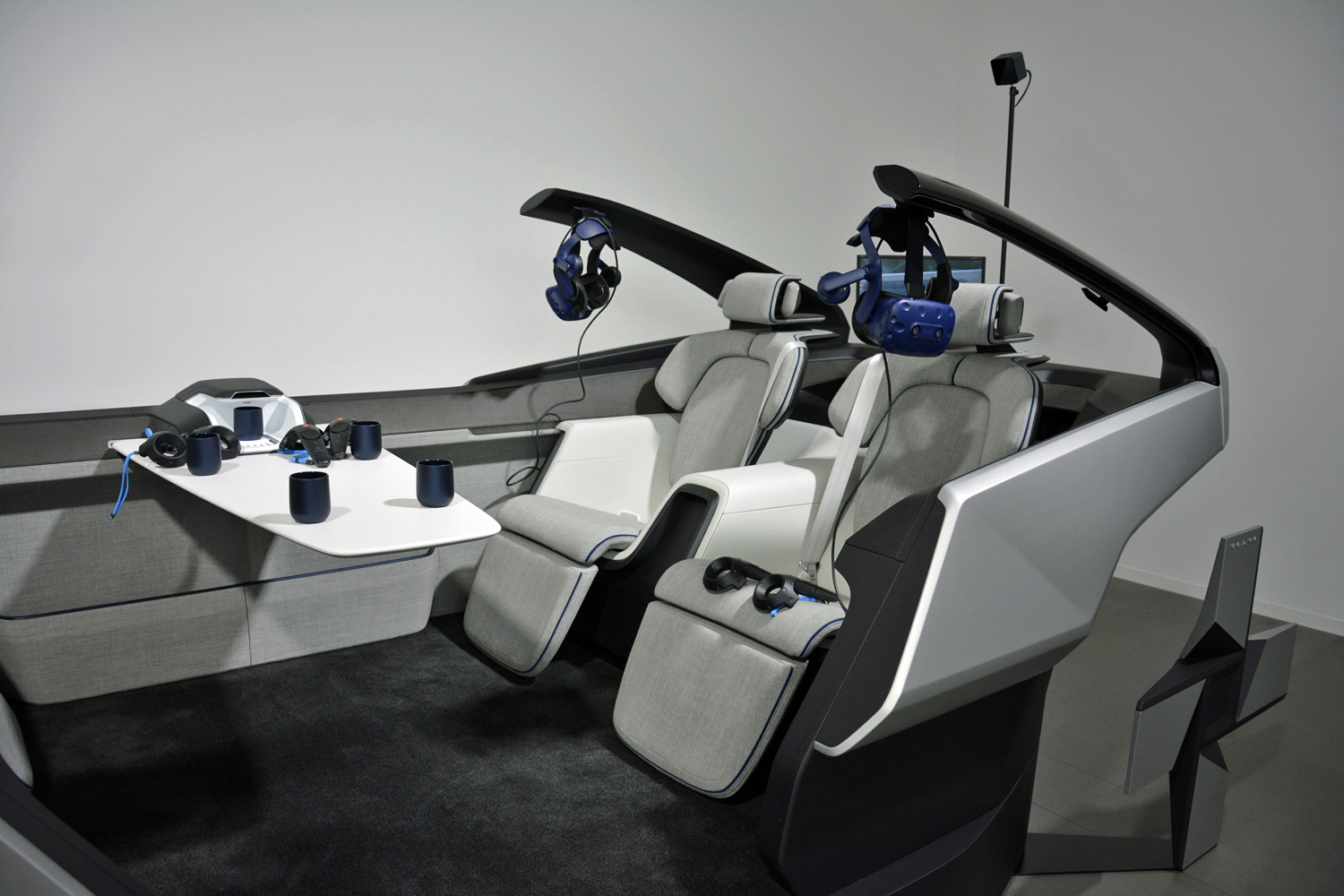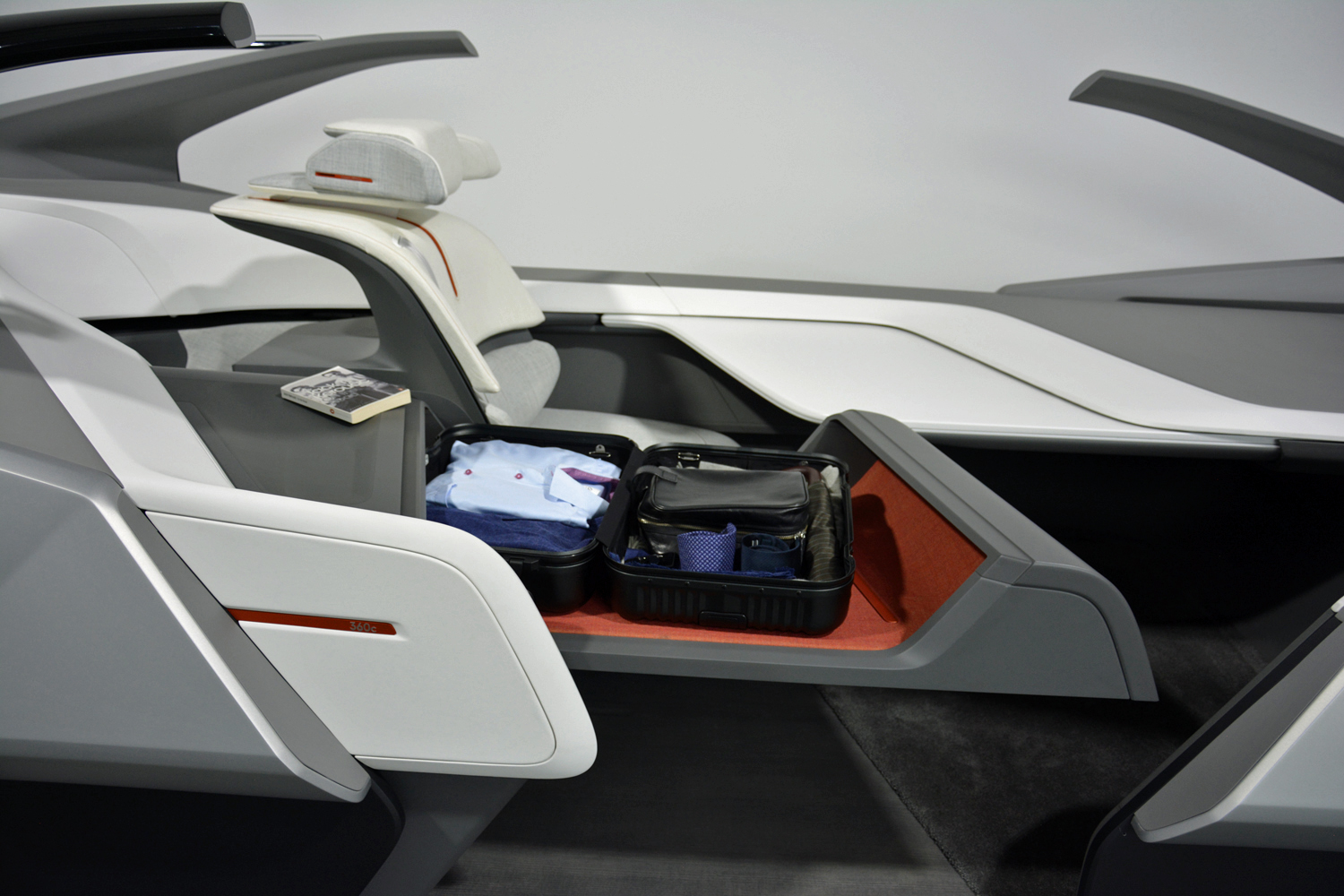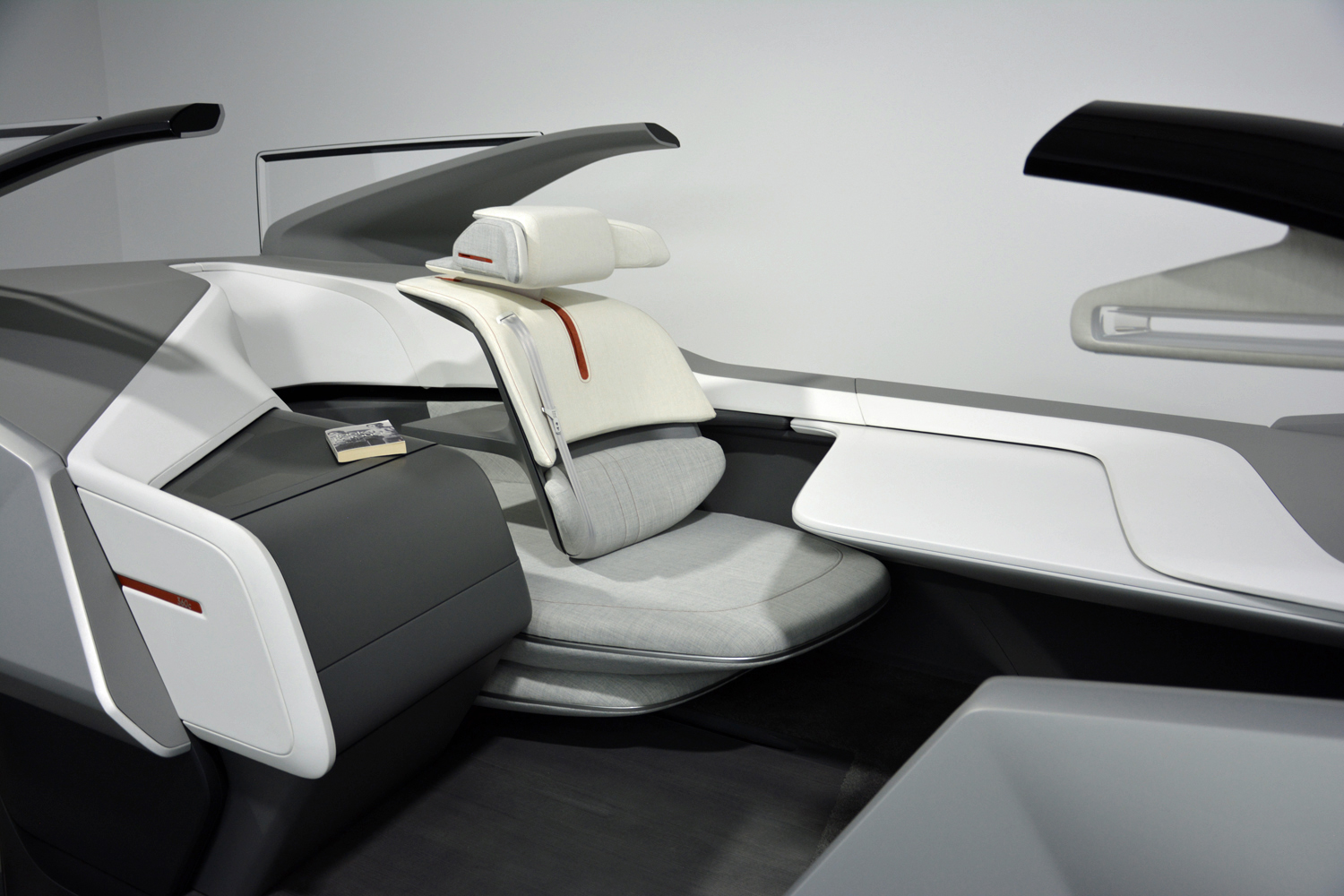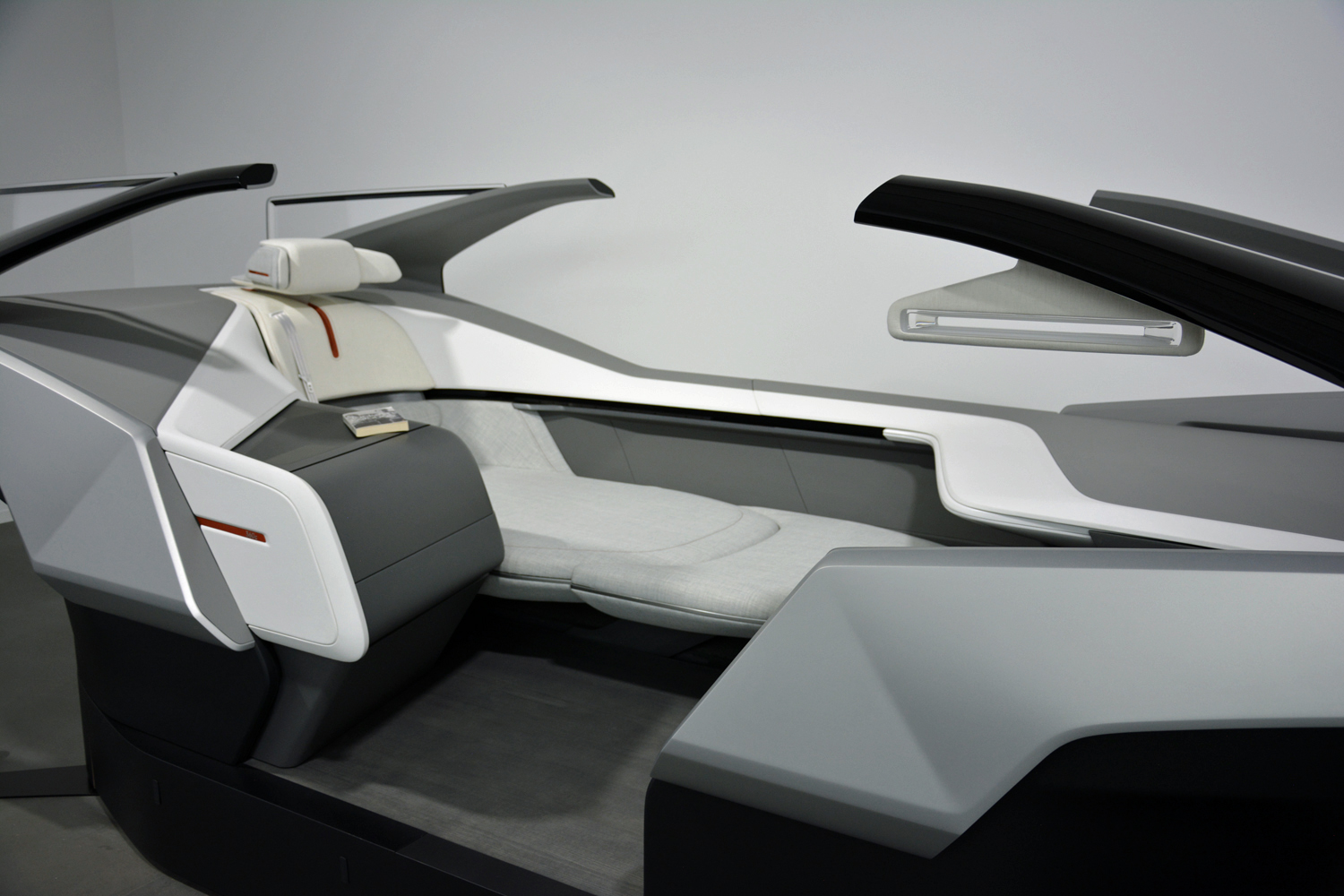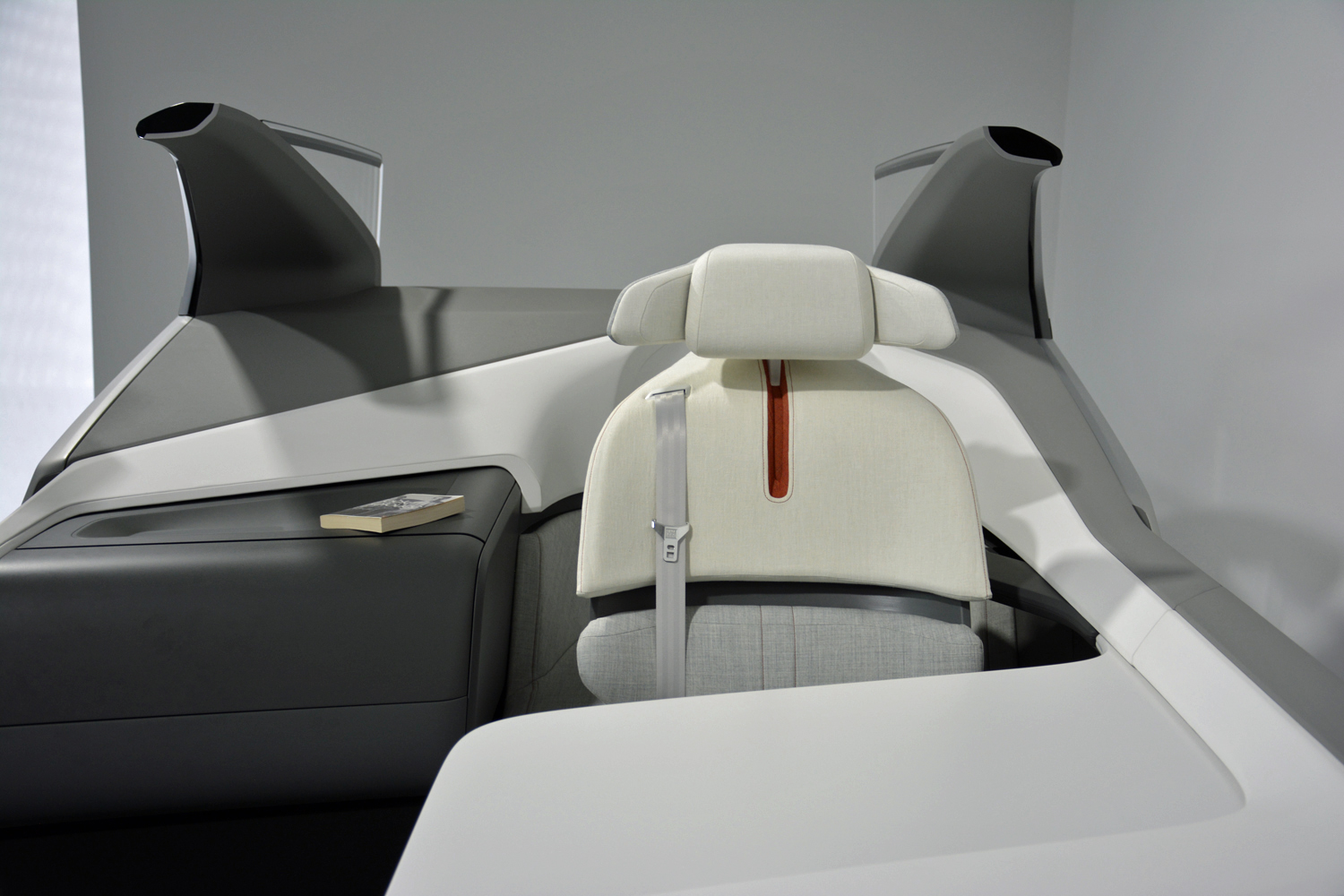The Volvo 360c concept unveiled in September 2018 previews the autonomous future of commuting. The Swedish automaker reaffirmed its commitment to building a fully autonomous car — one without pedals or a steering wheel — after 2021, and it has teamed up with sensor expert Luminar Technologies to reach its goal quickly, safely, and reliably.
“For the 360c to go from vision to reality, technology needs to be developed, legislation will need to evolve, and consumers need to be able to trust autonomy with proven safety,” Luminar Technologies explained. The company believes it has made a major a breakthrough in sensor technology that allows an autonomous car to see and identify objects located over 250 yards away.
Developed as a new technology from the ground up, Luminar’s lidar boasts a range that’s 10 times greater than the units currently in production. This gives an autonomous car like the 360c (pictured) the ability to identify objects at freeway speeds and react in a timely manner. For example, if a broken-down car is blocking a lane, a car equipped with Luminar’s latest lidar has the ability to see it, reduce its speed, and move over to the next lane in order to drive around it — just like a human driver would. The sooner a car analyzes a situation, the better it will handle it.
Luminar founder and CEO Austin Russel noted his firm’s lidar can also detect human shapes and actions, and it’s able to identify body parts like arms and legs. That means it can, in theory, tell whether a pedestrian is sitting down on a bench enjoying a latte or waiting to cross a busy road. Armed with this information, the car can decide whether to slow down and let the pedestrian cross or whether to keep going.
The breakthrough in sensor technology helps solve the first part of the autonomous car equation: technology. Ultimately, when autonomous cars will merge into the mainstream depends on when they’re legally allowed to carry passengers and when motorists feel comfortable giving up driving. Volvo wants to start an industry-wide conversation to solve these problems in a timely manner.
Henrik Green, Volvo’s vice president of research and development, told Digital Trends the firm aims to build a fully autonomous car on the as-of-yet-unveiled SPA2 platform after 2021. Volvo and Luminar both declined to provide a more specific time frame, but they stressed advancements like the new lidar speed up the development process. “Regardless of the ultimate timeline, Luminar will be able to accelerate the industry by at least five years and have fully autonomous vehicle platforms that work in city environments,” the company promised.
Volvo and Luminar will showcase their new sensor technology during the 2018 Los Angeles Auto Show. While Volvo isn’t bringing a single car to the event, it will have plenty to talk about.


